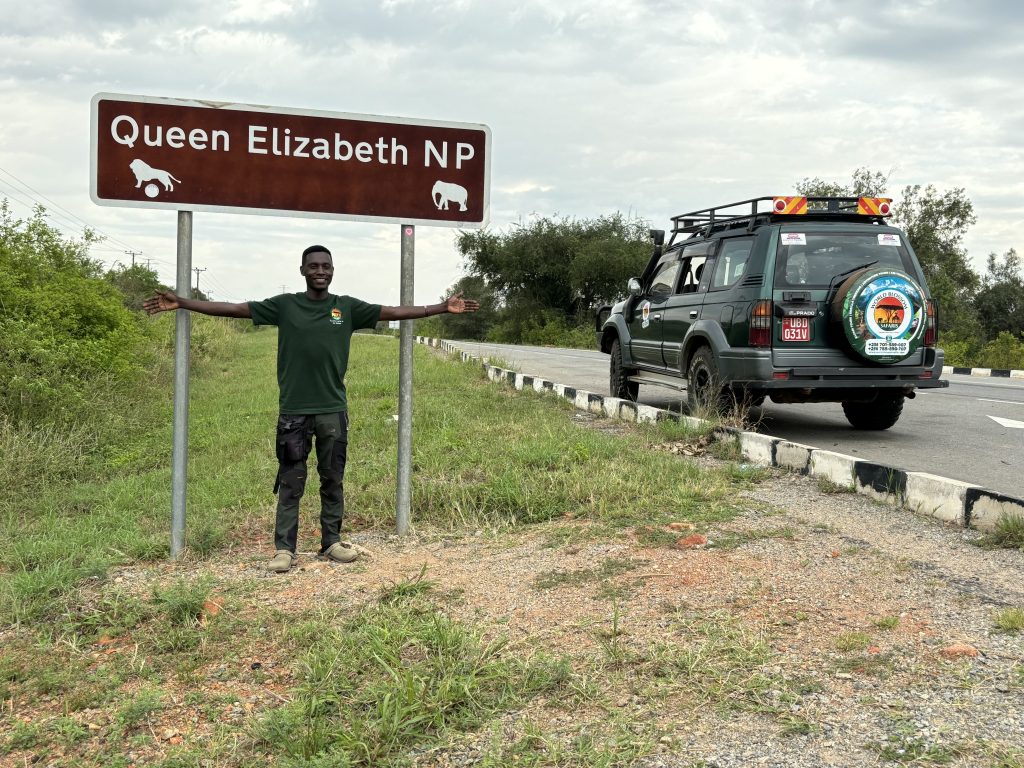Sustainable Tourism in Uganda: Your Ultimate Guide
Uganda, often referred to as the Pearl of Africa, is a land of breathtaking landscapes, rich biodiversity, and vibrant cultures. In recent years, the country has become a beacon for sustainable tourism, offering travelers the chance to explore its natural wonders while supporting conservation and local communities. This guide will help you discover the best ways to enjoy eco-friendly travel in Uganda, from visiting protected areas to staying in green accommodations.
Why Choose Sustainable Tourism in Uganda?
Sustainable tourism ensures that your travel benefits the environment, local communities, and future generations. By opting for eco-friendly travel options, you contribute to the preservation of Uganda’s unique ecosystems and support initiatives that empower local people.

Top Eco-Friendly Destinations in Uganda
- Bwindi Impenetrable National Park
- Home to the endangered mountain gorillas, Bwindi is a UNESCO World Heritage Site. Gorilla trekking here is managed sustainably to protect the species and provide income for local communities.
- Lake Bunyonyi
- Known as one of the most beautiful and serene lakes in Africa, Lake Bunyonyi offers eco-lodges and activities like canoeing and birdwatching, all while promoting responsible tourism.
- Kidepo Valley National Park
- A remote and pristine wilderness, Kidepo supports community-based tourism projects that allow you to experience authentic cultural interactions while conserving wildlife habitats.
- Murchison Falls National Park
- This park combines stunning landscapes with conservation efforts. Visitors can enjoy boat cruises and game drives while supporting anti-poaching initiatives.
Eco-Friendly Activities in Uganda
- Gorilla Trekking: Trekking to see mountain gorillas in Bwindi or Mgahinga National Parks is one of the most sustainable tourism activities, as the funds go directly into conservation and community development.
- Birdwatching: Uganda is a birdwatcher’s paradise with over 1,000 species. Explore places like Mabamba Swamp and Queen Elizabeth National Park to spot rare birds like the shoebill stork.
- Community-Based Tourism: Engage with local communities through homestays, cultural performances, and traditional craft-making workshops.
- Hiking and Nature Walks: Trails in the Rwenzori Mountains and Mount Elgon offer low-impact ways to enjoy Uganda’s natural beauty.
Green Accommodations in Uganda
- Clouds Mountain Gorilla Lodge (Bwindi): An award-winning eco-lodge supporting conservation and community projects.
- Brovad Sands Lodge (Ssese Islands): A solar-powered lodge promoting sustainable practices.
- Wildwaters Lodge (Nile River): Located on a private island, this lodge operates with minimal environmental impact.

Tips for Responsible Travel in Uganda
- Choose Eco-Friendly Tour Operators: Book your trips with companies committed to sustainable travel practices.
- Reduce Plastic Use: Carry a reusable water bottle and avoid single-use plastics.
- Respect Local Cultures: Learn about and honor local traditions and customs.
- Support Local Businesses: Purchase souvenirs and services from local artisans and businesses.
The Impact of Sustainable Tourism
By embracing responsible travel in Uganda, you help:
- Conserve endangered species like mountain gorillas and lions.
- Protect ecosystems in national parks and reserves.
- Empower local communities through job creation and cultural preservation.
Plan Your Sustainable Adventure Today
Uganda offers countless opportunities for eco-tourism, allowing you to explore its natural and cultural treasures responsibly. Whether you’re trekking through Bwindi Impenetrable Forest, canoeing on Lake Bunyonyi, or hiking the Rwenzori Mountains, your journey will leave a positive impact on the environment and the people who call this beautiful country home.

Ready to explore Uganda sustainably? Book your eco-friendly tour with us today and be part of the movement to preserve the Pearl of Africa for generations to come.




